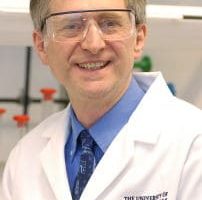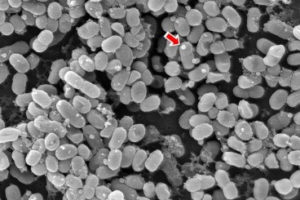university of warwick
Late nights can lead to higher risk of strokes and heart attacks
New research from Warwick Medical School published today in the European Heart Journal shows that prolonged sleep deprivation and disrupted sleep patterns can have long-term, serious health implications. Leading academics from the University have l…
New images show cloud exploding from Sun ripples like clouds on Earth
Physicists, led by a researcher at the University of Warwick, studying new images of clouds of material exploding from the Sun have spotted instabilities forming in that exploding cloud that are similar to those seen in clouds in Earth’s atmospher…
Plankton inspires creation of stealth armor for slow-release microscopic drug vehicles
The ability of some forms of plankton and bacteria to build an extra natural layer of nanoparticle-like armour has inspired chemists at the University of Warwick to devise a startlingly simple way to give drug bearing polymer vesicles (microscopic…
ESRC report examines the pathway to economic recovery
Authored by Economics writer Romesh Vaitilingam, Recovery Britain: research evidence to underpin a productive, fair and sustainable return to growth examines some of the challenges the UK faces after the longest and deepest downturn since full recor…
Surgeons, CCTV and TV football gain from new video technology that banishes shadows and flare
Researchers at the University of Warwick have developed the world’s first complete High Dynamic Range (HDR) video system, from video capture to image display, that will help a range of users including: surveillance camera operators, surgeons using v…
100 percent of most challenging Christmas plastic wrapping could be recycled by new tech
On average we each consume 120 grammes of plastic wrapping on Christmas gifts most of which is of a type which is almost impossible to recycle. Now researchers at the University of Warwick have devised a new technique which could process 100% of…
Platinum and blue light combine to combat cancer
When it comes to health care blue lights, are usually most useful on the top of ambulances but now new research led by the University of Warwick has found a way to use blue light to activate what could be a highly potent platinum-based cancer treatm…





